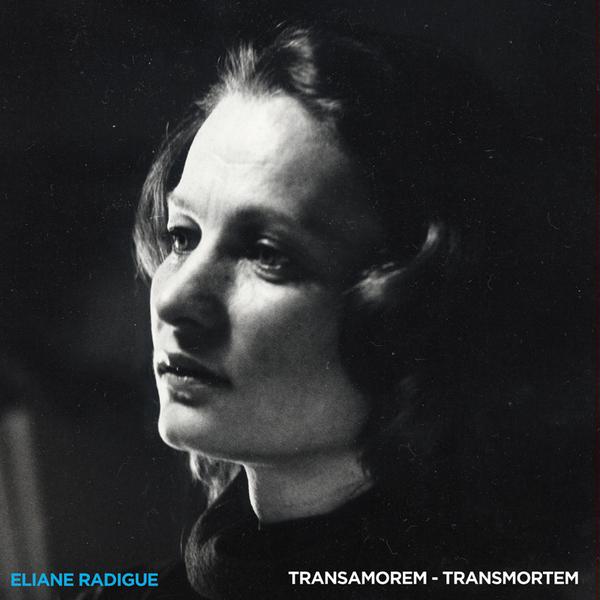In Los Angeles every year, there’s a gigantic cycling event that I take part in. Nearly twenty miles of streets get closed off and the only traffic is bicycles. I found that this kind of ambient is perfect for navigating the treacherous ciclovia. I just put on my headphones and get lost. Before I heard this kind of music I knew it had to exist in the world, I just hadn’t come across it yet. Something deep in my heart was longing for it. At the record store, I had a really cartoonish, dorky exchange with the clerk where I described what I wanted. I was like, “Electronic, atonal, no breaks, where there’s not much going on.” Before I had even finished my sentence, they had reached into the CD bin and put Eliane Radigue in my hands. And it was absolutely perfect, literally exactly what I was looking for. This record in particular, although she made so many sound art compositions in the 60s and 70s, is certainly the most punishing; the most physically demanding. Her other albums are just as beautiful, but Transamorem – Transmortem has these incredibly high pitches. Not painful, exactly, rather as if she’s reaching the top end of the range of human hearing – pushing you to your limits. The effect is truly bodily. A profoundly uncasual experience. It’s like say, if your car broke down on the highway and you had to walk fifteen miles home. Despite the exertion, you’d feel like you’d accomplished something.



